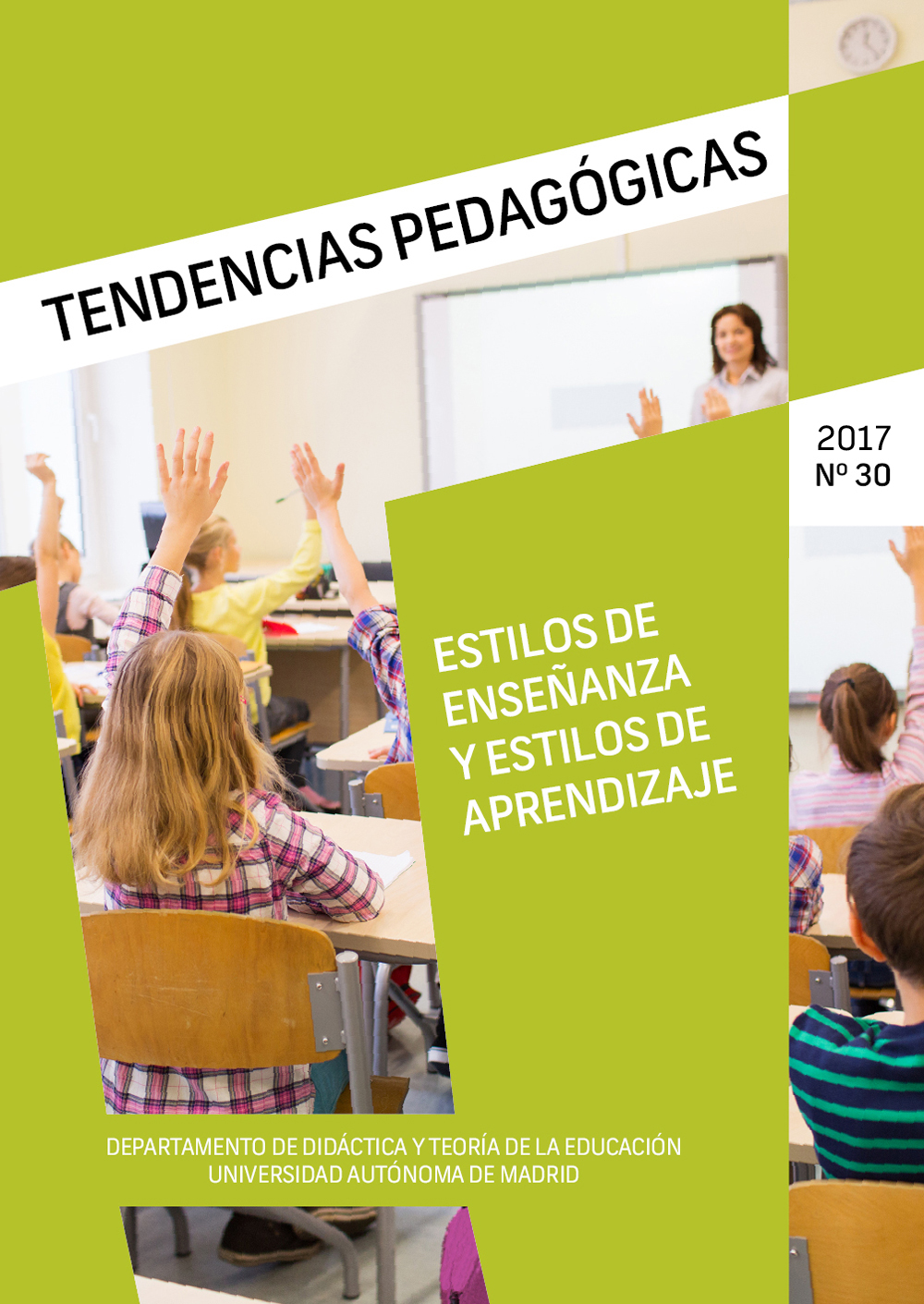ICT in primary education: a training proposal in the didactic subject of the measure based on the use of technology
Keywords:
ICT, didactics of measurement, mobile learning, mathematicsAbstract
The aim of this article is to provide a methodological approach for the didactic subject of the 4th Grade in the Primary Degree based on the use of ICT (educational use of the Internet, Web 2.0, mobile learning and use of educational applications) . The aim of this methodology is to improve the technological competence of future teachers and to have them build the mathematical knowledge of the subject in various formats based on ICT tools, helping these teachers to acquire basic mathematical knowledge for the development of their future professional work. At the end of the process, the methodological proposal and the materials provided by an assessment questionnaire are evaluated, which provide information on the high degree of student satisfaction with this methodology.Downloads
References
ACCE. Teacher learning technology competencias (acce-tltc, 2000). Recuperado de http://acce.edu.au/tlt
Brazuelo, F. y Gallego, D. (2011). Mobile learning. Los dispositivos móviles como recurso educativo. Sevilla: MAD.
DEPARTMENT OF EDUCATION, Victoria. (1998). Learning Technology Teacher Capabilities. Recuperado de http://www.sofweb.vic.edu.au/pd/tchcap
DIGCOMP (2013): A Framework for Developing and Understanding Digital Competence in Europe. Recuperado de http://ftp.jrc.es/EURdoc/JRC83167.pdf
EDUCATION QUEENSLAND (1999). Minimum Standars for Teachers – Learning Technology. Recuperado de http://education.qld.gov.au/itt/learning/use/minimum.html
Flores, P. y Rico, L.(2015). Enseñanza y aprendizaje de las Matemáticas en Educación Primaria. Madrid: Laberinto.
Georgiev, T, Georgieva, E. y Trajovski, G. (2006). "Transitioning form
e-learning to m-learning". Proceedings of the Seventh ACIS International Conference of Software Engineering, 349-353.
Kukulska-Hulme, A. (2007). "Current Uses of Wireless and Mobile Learning". Recuperado de http://www.jisc.ac.uk/uploaded_documents/Current%20Uses%20FINAL%202005.doc
INTERNATIONAL SOCIETY FOR TECHNOLOGY IN EDUCATION (ISTE). (2002). Educational Computing and Technology Standars for Technology Facilitation, Technology Leadership and Secondary Computer Science Education. Recuperado de http://cnets.iste.org/
INSTITUT NATIONAL DE RECHERCHE PEDAGOGIQUETECHNE. (2002). Usages educatifs des TIC : quelles nouvelles competences pour les enseignants ? Recuperado de http://www.inrp.fr/
INTEF-MECD (2013). Propuesta de Marco Cmún de Competencia Digital Docente. Recuperado de http://educalab.es/documents/10180/12809/MarcoComunCompeDigiDoceV2.pdf
ISTE-NETS (2008). NETS for Teachers: National Educational Technology Standards for Teachers, Second Edition. Recuperado de http://www.eduteka.org/pdfdir/EstandaresNETSDocentes2008.pdf
Mooij, T. y Smeets, E. (2001). Modelling and supporting ICT implementation in secondary schools. Computers & Education, 36, pp. 265-281.
https://doi.org/10.1016/S0360-1315(00)00068-3
Onrrubia, J.; Rochera, M.J.; Barberá, E. (2001). La enseñanza y el aprendizaje de las matemáticas: una perspectiva psicológica. En C. Coll, J. Palacios, A. Marchesi. Desarrollo psicológico y educación 2. Psicología de la educación escolar (pp. 487-508). Madrid: Alianza Editorial.
Pachler, N., Bachmair, B. y Cook, J. (2010). Mobile Learning: Structures, Agency, Practices. London: Springer. https://doi.org/10.1007/978-1-4419-0585-7
Pelgrum, W.. y Law, N. (2003). ICT in education around the world: trends, problems and prospects. París: UNESCO-IIEP.
Sharples, M; Taylor, J. Y Vavuola, G. (2007) A theory of learning for mobile age. In the Sage handbook of elearning research. London. Sage. Recuperado de http://www.lsri.notttingham.ac.uk/.../Theory%20of%20Mobile%20Learning.pdf
UNESCO. (2002). Information and communication technologies in teacher education: a planing guide. París: UNESCO.
UNESCO (2011). UNESCO ICT COMPETENCY FRAMEWORK FOR TEACHERS. Recuperado de http://unesdoc.unesco.org/images/0021/002134/213475e.pdf
UNESCO (2013). Directrices para las políticas de aprendizaje móvil. Recuperado de http://unesdoc.unesco.org/images/0021/002196/219662s.pdf .
